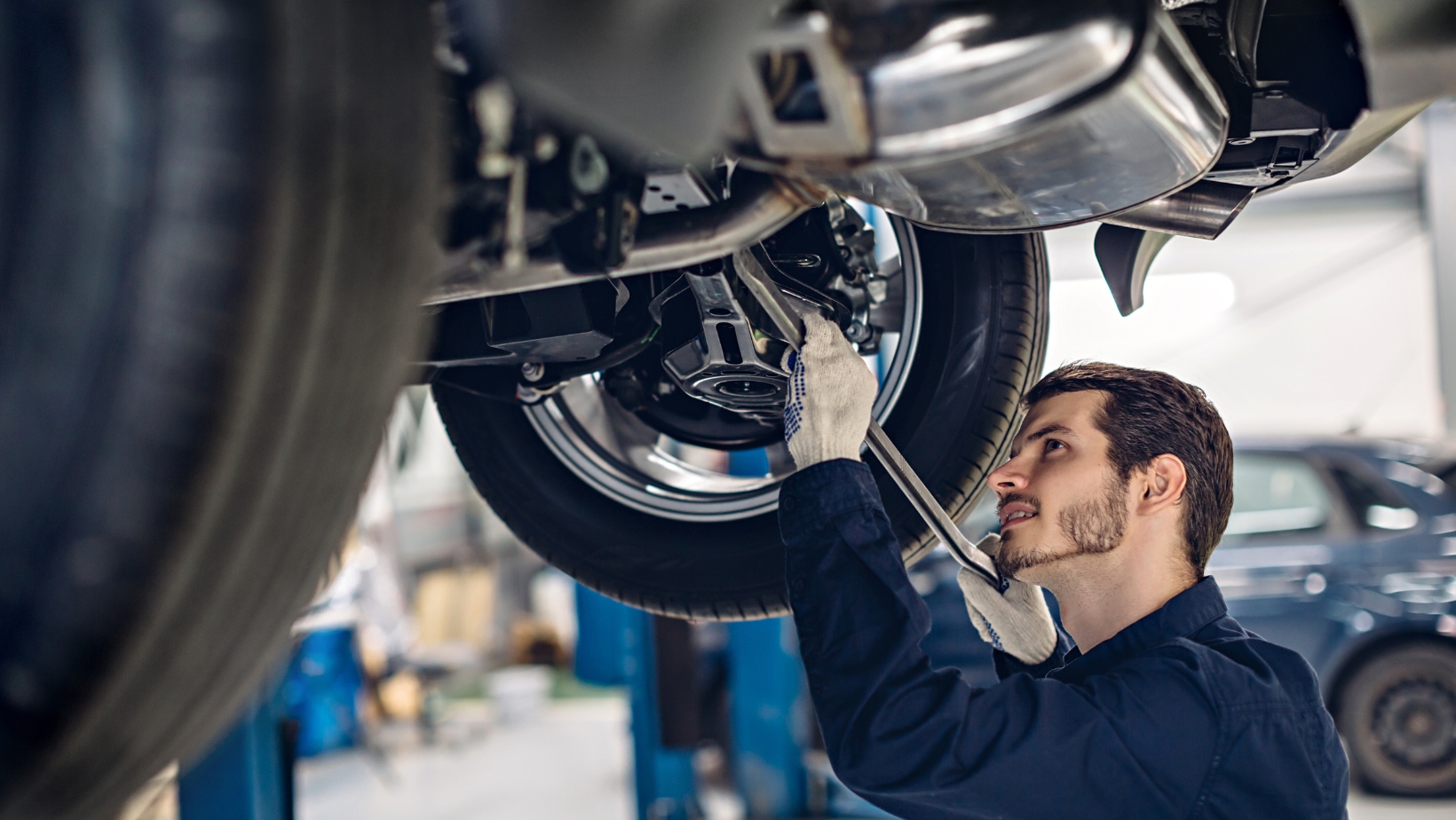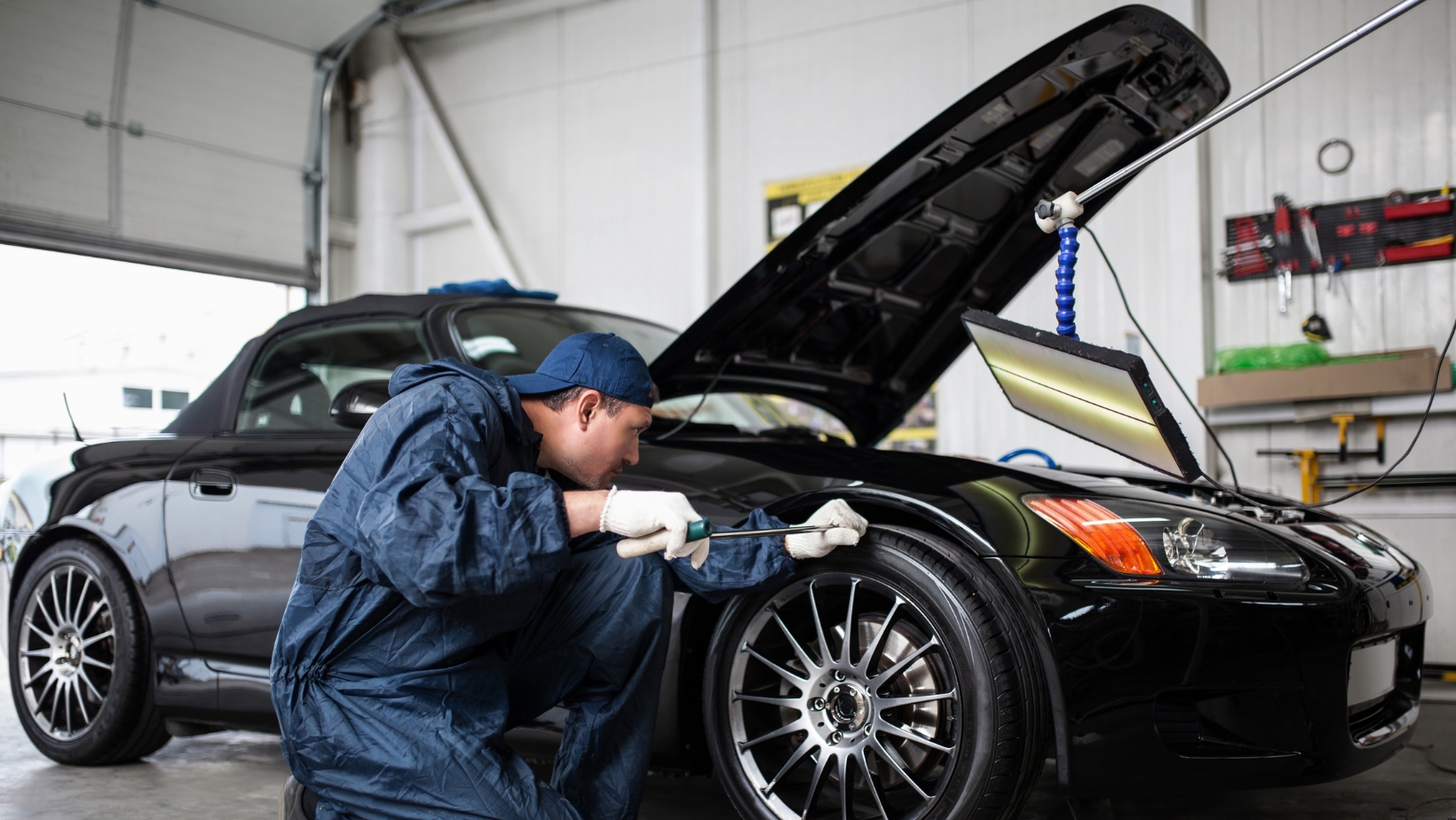When it comes to sports car repair, there are a few key factors to consider. Owning a high-performance vehicle can be incredibly rewarding, but it also requires proper maintenance and occasional repairs to keep it running at its best. Whether you’re dealing with engine issues, suspension problems, or bodywork damage, finding a reputable and experienced mechanic is essential.
Sports cars often have unique specifications and specialized components that require the expertise of professionals who understand the intricacies of these vehicles. From routine maintenance tasks like oil changes and brake inspections to more complex repairs such as transmission overhauls or electrical system troubleshooting, entrusting your sports car to skilled technicians ensures that the job will be done right.
It’s important to remember that not all repair shops are equipped to handle sports car repairs. A dedicated sports car specialist will have access to specialized tools and diagnostic equipment specifically designed for these high-performance vehicles. Additionally, they’ll have extensive knowledge of common issues associated with different makes and models of sports cars, allowing them to provide accurate diagnoses and effective solutions.
Whether you’re an avid enthusiast or someone who simply appreciates the thrill of driving a sports car, staying on top of maintenance and promptly addressing any repair needs is crucial for preserving both performance and value in your prized possession. By seeking out qualified professionals specializing in sports car repair, you can enjoy peace of mind knowing that your vehicle is in capable hands.
Sports Car Repair
Overheating Engines
One of the most common issues that sports car owners may encounter is an overheating engine. Due to their high-performance nature, sports cars often generate a significant amount of heat during operation. This can put additional stress on the cooling system, leading to potential overheating problems.
There are several factors that can contribute to an overheating engine in sports cars:
- Insufficient coolant levels: Low coolant levels can impede the engine’s ability to regulate its temperature effectively.
- Faulty radiator: A malfunctioning radiator can hinder the cooling process and result in engine overheating.
- Thermostat issues: A faulty thermostat may not open or close properly, causing irregular temperature regulation.
To prevent overheating, regular maintenance is crucial. Ensuring adequate coolant levels, checking for leaks, and inspecting the radiator and thermostat helps maintain optimal engine temperature.
Brake System Failures
Sports cars are designed for high-speed performance, which places significant demands on their braking systems. As a result, brake system failures are another common issue faced by sports car owners.
Several factors that contribute to brake system failures in sports cars include:
- Worn brake pads and rotors: Frequent aggressive braking can cause premature wear and tear on brake pads and rotors.
- Brake fluid leaks: Leaks in the brake fluid lines can lead to reduced braking performance or complete failure.
- Overheated brakes: Excessive heat generated during intense driving conditions can cause brake fade, resulting in reduced stopping power.
Regular inspection and maintenance of the brake system components are essential for ensuring optimal performance and preventing potential failures.

Electrical Problems
Sports cars often come equipped with advanced electrical systems to support various features like infotainment systems, navigation systems, and advanced driver-assistance systems. However, these intricate electrical systems can sometimes develop problems.
Common electrical issues in sports cars include:
- Battery-related problems: A weak or faulty battery can lead to starting issues or intermittent electrical failures.
- Wiring faults: Damaged or corroded wiring can cause electrical malfunctions, leading to various system failures.
- Sensor failures: Faulty sensors can disrupt the functioning of critical systems like the engine management system or ABS.
To address electrical problems, it is advisable to consult a professional mechanic with expertise in sports car repair. They can diagnose and resolve any underlying electrical issues effectively.
By being aware of these common issues and taking proactive measures for maintenance and repairs, sports car owners can ensure that their vehicles continue to perform at their best. Regular inspections, timely servicing, and addressing any potential problems promptly will help keep sports cars on the road for thrilling driving experiences.







































